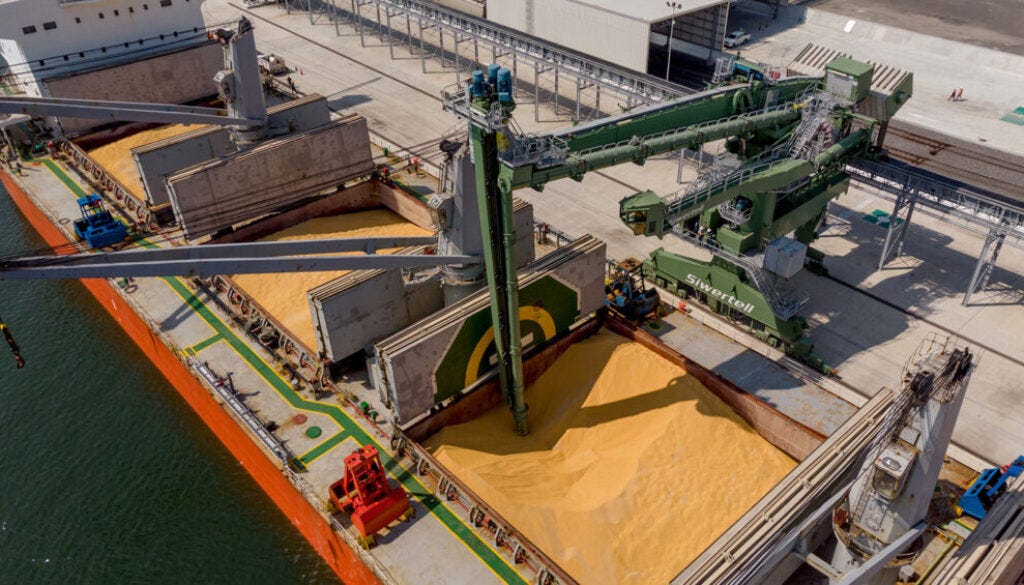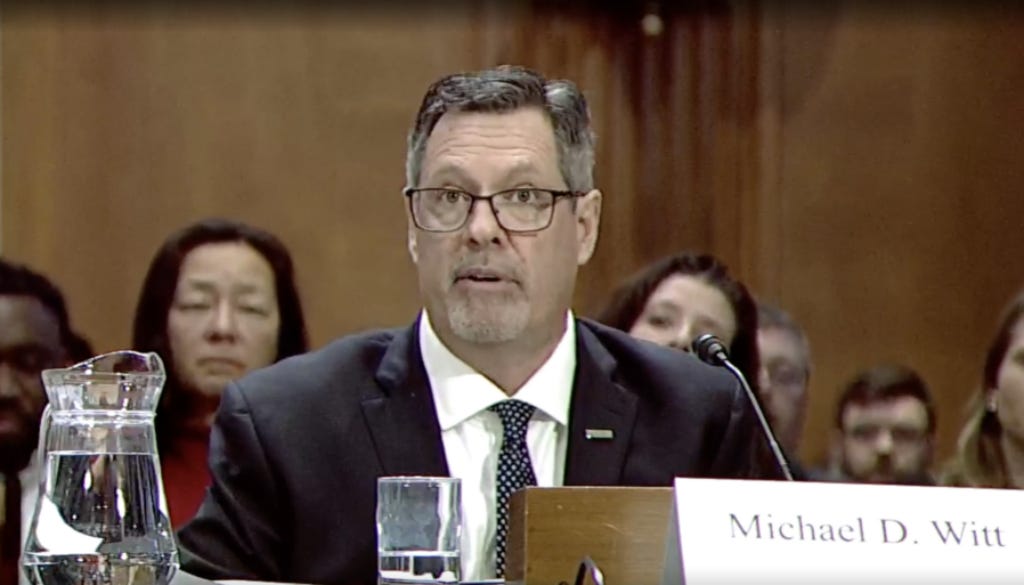Must-read recap: The New Lede's top stories
Coordination between US government and industry in foreign trade disputes; warnings of a "wave of lawsuits" as PFAS exemption debated; small Massachusetts town sues over PCB contamination.
‘We are defending your products:’ Emails reveal coordination between US government, industry in foreign trade disputes
Against the backdrop of a fierce battle between the United States and Mexico over the safety of certain farming products, newly obtained government communications provide fresh evidence of how powerful corporate interests often drive US officials to meddle in foreign affairs.
The records are the latest to emerge that show how tightly the US government works with global crop and chemical companies to try to block other governments around the world from placing restrictions on pesticides and, as in the case of Mexico, on certain genetically modified crops.
The US is currently embroiled in a bitter trade battle with Mexico, but also has waged war against Thailand and the European Union over efforts to ban pesticides that are key to the corporate profits of companies such as Bayer and Syngenta.
The newly obtained emails add to earlier revelations, also found in government records, by providing greater detail about how the Office of the US Trade Representative (USTR), the federal agency responsible for American trade policy, works to benefit agrochemical companies while shrugging off evidence presented by foreign governments that pesticides are posing dire risks to the safety of their environment and their citizens. (Read the rest of the story.)
Warnings of a “wave of lawsuits” as PFAS exemption debated
Representatives of US water and waste systems told US lawmakers last week that hundreds of such operations across the nation could face unintended and overwhelming liabilities unless they are exempted from a proposal that would designate two types of per- and polyfluoroalkyl substances (PFAS) as hazardous substances.
The rule proposed by the Environmental Protection Agency (EPA) sets up “multiple avenues to drag innocent parties into extremely costly and complex litigation,” Michael Witt, a lawyer speaking on behalf of a coalition of water groups, told members of the US Senate Committee on Environment and Public Works in a hearing on March 20.
Witt was one of multiple witnesses to address the committee on the hotly contested issue of how the government should address widespread PFAS environmental contamination. The EPA said in 2022 that it was preparing to designate perfluorooctanoic acid (PFOA) and perfluorooctanesulfonic acid (PFOS) as hazardous substances under the Comprehensive Environmental Response, Compensation, and Liability Act (CERCLA) because they present “a substantial danger to human health or welfare and the environment.”
Such a designation allows the government to order responsible parties to clean up the environmental contamination and bear the costs of mitigation. The “polluter pays’ model is a core principle of CERCLA. (Read the rest of the story.)
Citing “catastrophic disaster,” small Massachusetts town sues over PCB contamination
Monsanto and General Electric (GE) engaged in a “criminal corporate action” through a secret 1972 deal that allowed the companies to keep profiting from the sale and use of dangerous PCBs despite knowing the toxins were harmful, according to a lawsuit filed by a small Massachusetts town awash in PCB contamination.
The Town of Lee, located in western Massachusetts, accuses the companies of creating a “catastrophic disaster” for residents by polluting the area with polychlorinated biphenyls (PCBs), which have been linked to cancer and other human health problems.
US regulators banned PCBs in the late 1970s, but they have persisted in the environment, spurring claims from communities across the US seeking damages for contamination.
In and around Lee, where PCBs have contaminated the Housatonic River, several families with members suffering from cancer have alleged the PCBs are to blame. (Read the rest of the story.)



